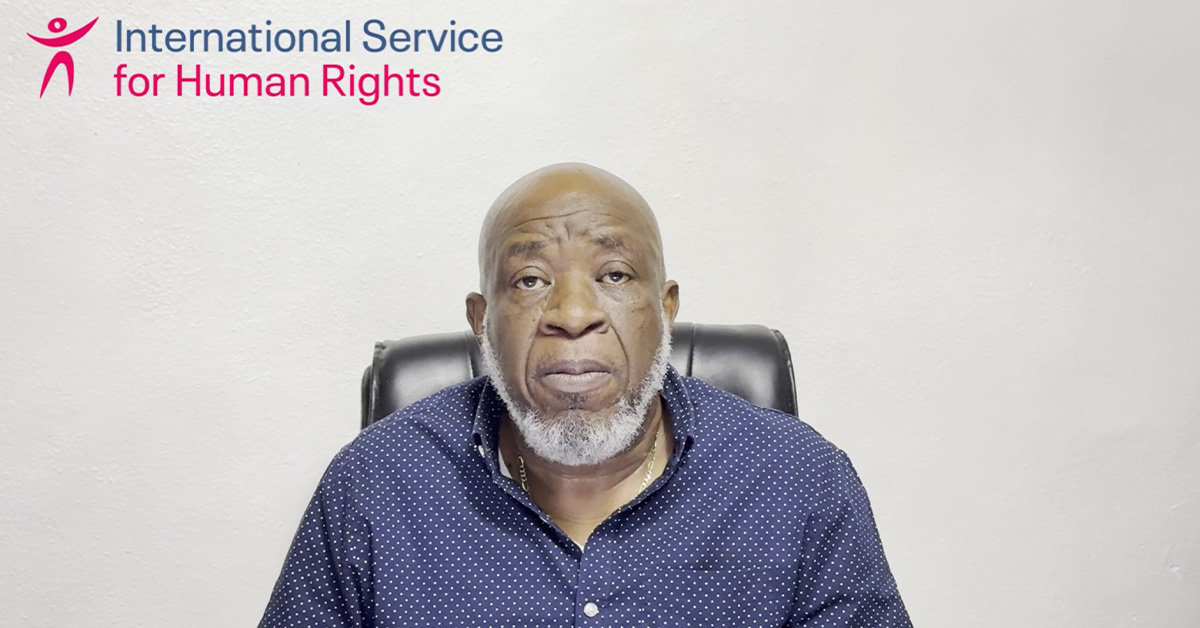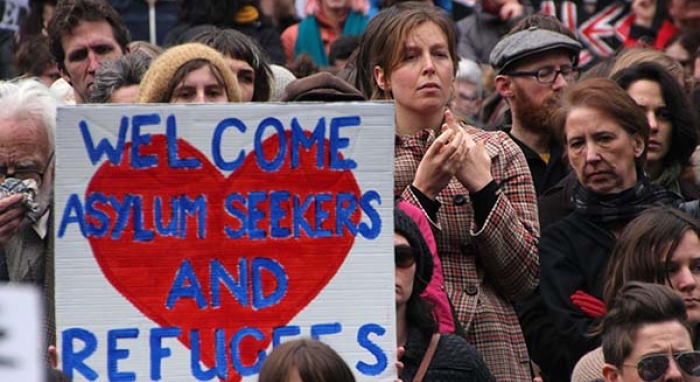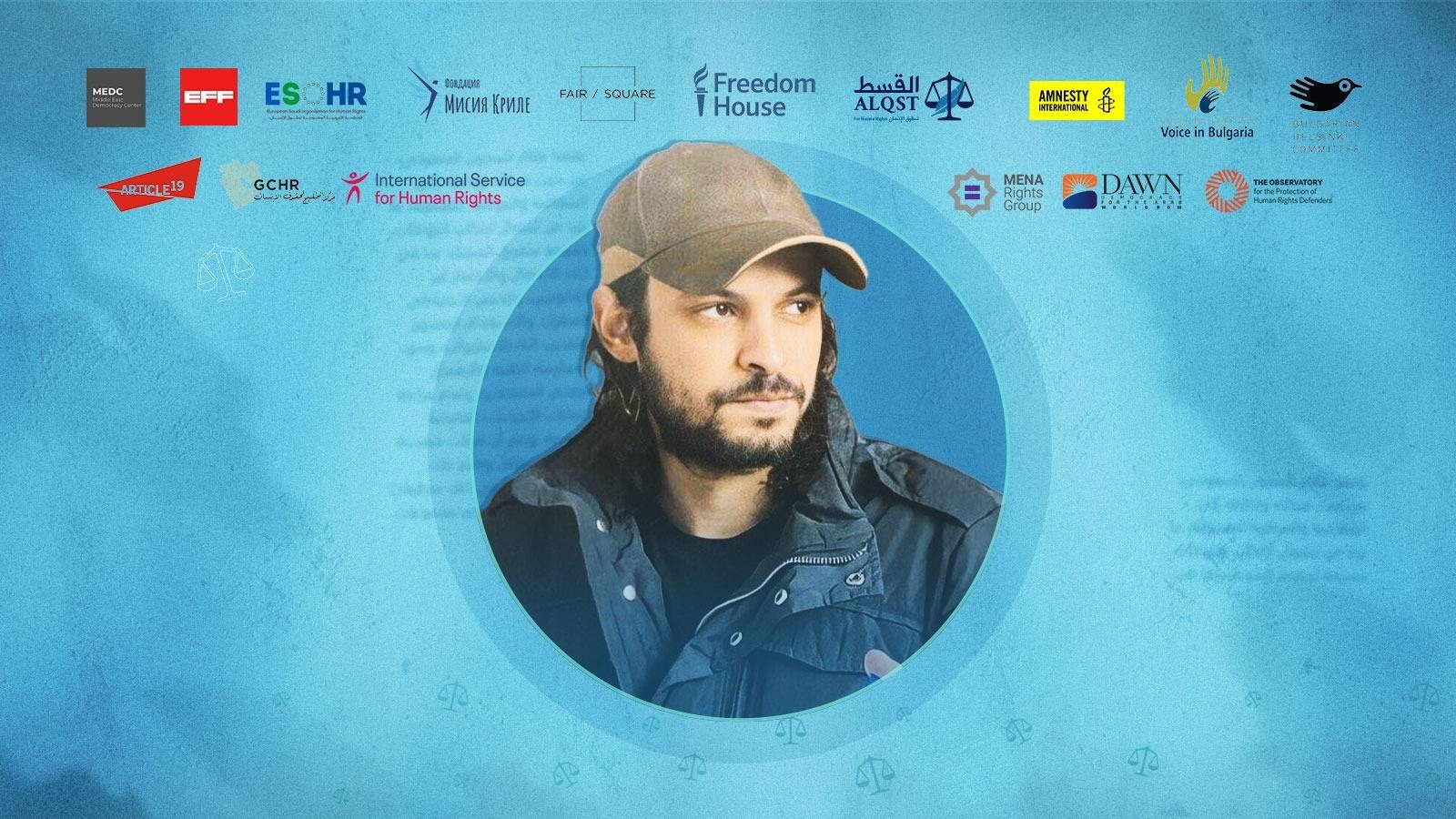Threats and challenges on the ground
Migrant rights defenders are exposed to a wide range of threats, assaults and intimidation – regardless of where they work – just because of their work to provide assistance to and advocate for migrants and refugees.
The UN Special Rapporteur on Human Rights Defenders, Michel Forst, noted during an official country visit to Mexico in January 2017 that he was ‘worried by the risks faced by defenders working on migrants’ rights…’
‘Governments from Eastern Europe to the Middle East regularly target human rights defenders for their work’, says ISHR advocate Sarah M Brooks. ‘But this work is made even harder for migrants who in some countries, in contradiction to international law, are deprived of fundamental freedoms based only on their migration status. In other countries, space for civil society is closing or non-existent; there, to protect and promote migrants’ rights, defenders risk defamation, deportation and even death’.
Migrant rights at the multilateral level
In March, the Council considered reports of the OHCHR and Global Migration Group aimed at creating human rights-based guidance for States. The main document, Principles and practical guidance on the protection of the human rights of migrants in vulnerable situations, notes the importance of respecting and supporting the activities of human rights defenders working to support migrants, in line with existing international standards.
At the time, ISHR welcomed the draft principles as an important step towards recognising the contributions of civil society. ISHR also emphasised that without them, the protection gaps facing migrants would be even more serious.
During the June session of the Council, the Special Rapporteur on the Human Rights of Migrants, François Crépeau, also emphasised this point. He urged Angola, where he had visited, to ‘provide the space necessary for civil society to continue to advocate for migrant rights and contribute to policies and practices affecting the human rights of migrants’.
It is therefore important that this year’s annual resolution on the human rights of migrants, adopted last week, highlights not only xenophobia and hostility faced by migrants, but also the role of civil society in helping build inclusion and tolerance. The resolution recognises
‘the contribution of civil society, including non-governmental organisations, to promoting the well-being of migrants and their integration into societies… and encourage[s] deeper interaction between Governments and civil society to find responses to the challenges and the opportunities posed by international migration’
This language is not bad, but unfortunately represents a step back from previous years when the scope was broader. For example, a 2015 resolution clearly called on States to promote enjoyment of human rights by migrants through an environment where individuals and organisations could operate ‘free from hindrance and insecurity’, including when they engage in rights protection and assistance.
‘The resolution makes clear that the creation of a “safe, accessible and enabling environment” for individuals and organisations who work with migrants is a State duty’, says Sarah M Brooks. ‘However, it sacrifices strong language on the role of civil society at the national level for words of encouragement for civil society voices at the multilateral level – specifically, in the development of a Global Compact on Migration’.
The resolution also expresses concern at legislation that adversely affects the full enjoyment of human rights by migrants. Mexico was joined by many Latin American countries during the negotiations in decrying the tendency toward criminalisation of migrants – to the dismay of the U.S. and EU member states.
Such language, however, equally points to laws that place limitations on the rights of migrants to organise, or that target human rights defenders seeking to assist and support migrants and their communities. These are areas where the U.S. and EU have traditionally lent strong support.
‘Efforts to protect migrants will be ineffective and counterproductive if human rights are not at the centre of the approach’, Brooks adds. ‘If we get that part wrong now, the laws and policies that follow will be aspirational. Rather than improving protections, States risk watering down even what they have already agreed to under their human rights treaty obligations’.
Indeed, how the Council resolution would connect to the ongoing consultations for the Compact was the overarching preoccupation of most States. Concerns about ‘prejudging outcomes’, and about the ‘appropriate role’ for the Council, at times seemed to risk outweighing the need to ensure that human rights are a fundamental underpinning of the Compact.
Looking forward: human rights and the Global Compact
At the end of the day, the resolution established a responsibility for the UN’s human rights office to feed into the process of the Global Compact on Migration.
It urges the Office to advance research on good practices, provide technical assistance, and consult with civil society organisations, National Human Rights Institutions and other relevant stakeholders. It also encourages these same stakeholders to engage directly in the Global Compact process, to ensure that a diversity of voices are considered.
Even the Philippines spoke up during discussion in plenary with the Special Rapporteur in support of civil society participation. They noted that for long-term effectiveness, the global migration agenda should be ‘a State-led but not State-only process and should also involve other relevant stakeholders, including migrants and diaspora organisations’.
‘It’s not that there is not an interest in participation, Brooks explains. ‘But the real good faith cooperation with civil society – and the need for wide-ranging participation that takes into account limitations – simply doesn’t seem to be there. Although clarity about the process is growing, the hoops civil society representatives must jump through remain. Unless this changes, the Global Compact will fail to meaningfully address issues of critical importance – issues, for many migrants, of life and death’.
For more inquiries, contact Sarah M Brooks at s.brooks[at]ishr.ch or follow her at @sarahmcneer.
Photo credit: Takver, via Flickr




